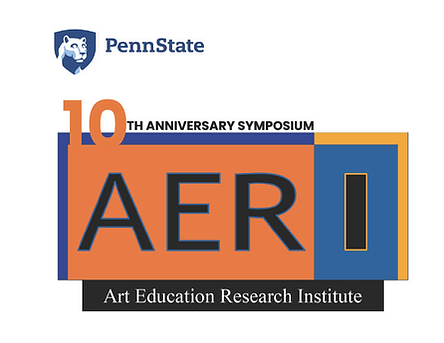AERI Schedule and Registration
The 2022 AERI symposium schedule is now posted online and can be found on the AERI website homepage and 2022 symposium page. Travel and...
Aug 8, 20221 min read
AERI 2022 Travel and Lodging Information
Great news! AERI 2022 will be in-person in the Lamar Dodd School of Art, University of Georgia October 27-29. See the updated...
May 26, 20221 min read
Registration for AERI Friday Dialogue Series: A Just-In-Time Virtual Symposium
The Art Education Research Institute has scheduled a series of free virtual symposium events for the fall semester. See below for the...
Sep 15, 20201 min read









